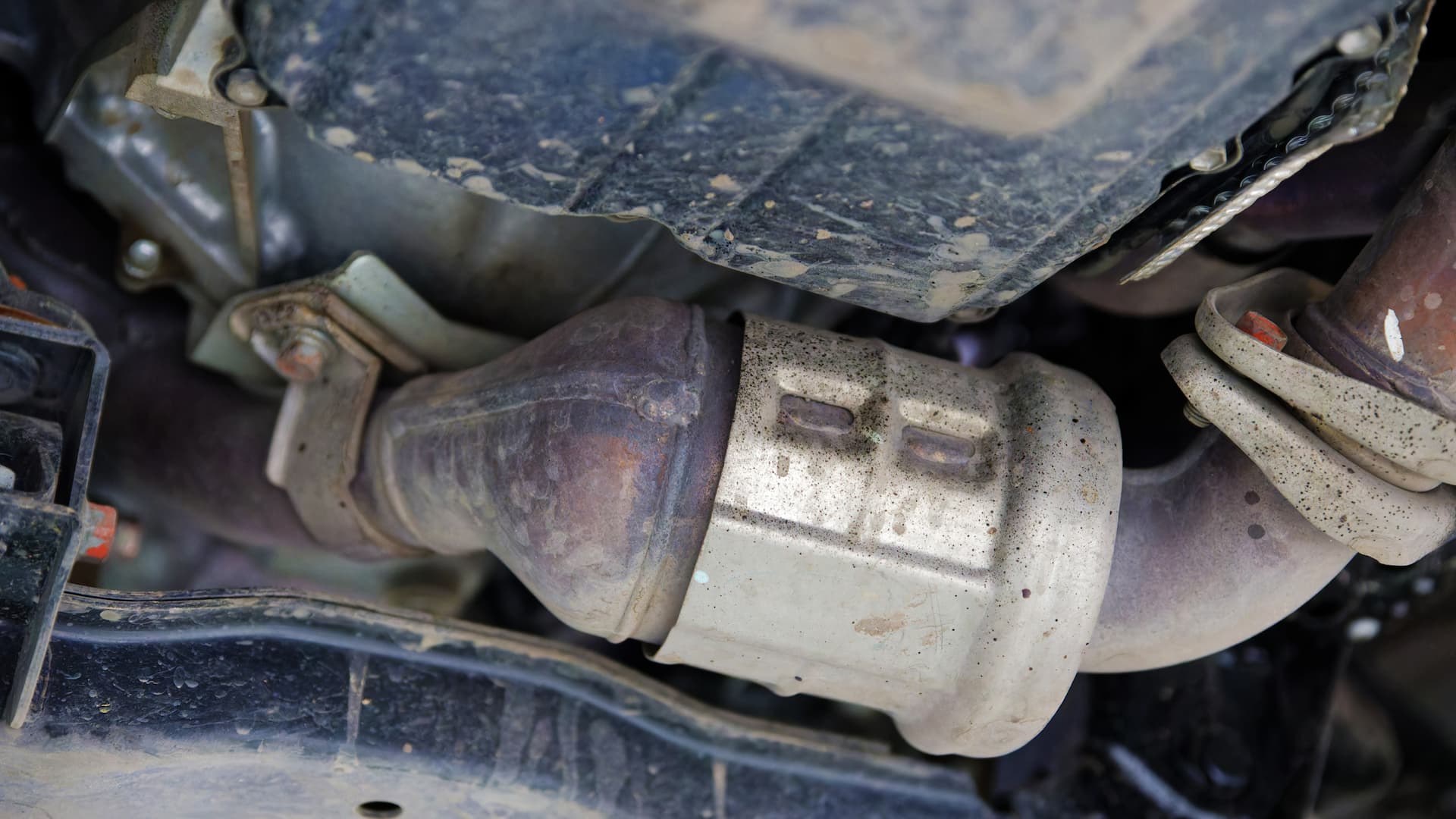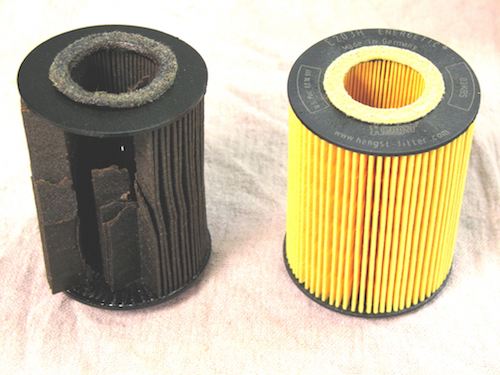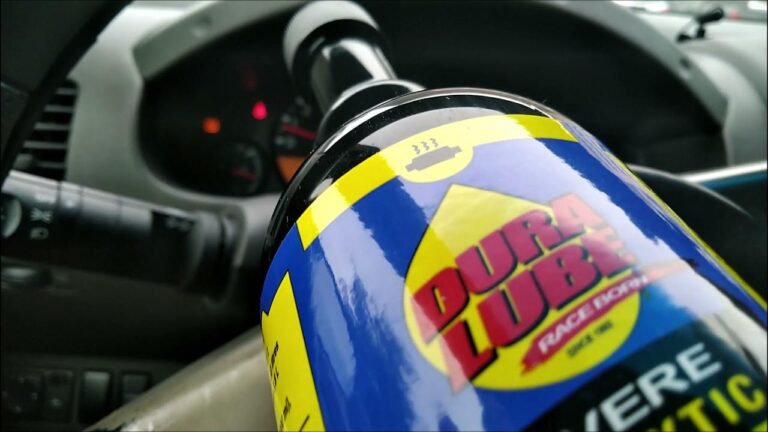Will Driving with a Bad Catalytic Converter Damage My Car?

A catalytic converter plays a crucial role in reducing harmful emissions from your vehicle. It’s an essential part of your car’s exhaust system and helps convert harmful gases into less harmful substances. However, like any other car part, catalytic converters can wear out or become damaged over time. If you are wondering, “Will driving with a bad catalytic converter damage my car?” the answer is yes, it can. In this article, we will explore the impact of driving with a faulty catalytic converter, how to identify the signs of a bad one, and the potential risks involved.
What is a Catalytic Converter?
Before diving into the issues of driving with a bad catalytic converter, it’s essential to understand what it does. A catalytic converter is located in your vehicle’s exhaust system, typically between the engine and the muffler. Its primary function is to reduce harmful emissions by converting pollutants like carbon monoxide, hydrocarbons, and nitrogen oxides into safer compounds such as carbon dioxide and water vapor. Without a properly functioning catalytic converter, your car would emit harmful gases that can contribute to air pollution.
Common Causes of Catalytic Converter Damage
Catalytic converters are designed to last for a long time, but several factors can cause them to fail prematurely, including:
- Engine Misfires: An engine misfire can lead to unburned fuel entering the catalytic converter, which can cause overheating and damage.
- Oxygen Sensor Failure: A malfunctioning oxygen sensor can send incorrect signals to the engine, causing it to run rich (too much fuel) or lean (too little fuel), which can damage the catalytic converter over time.
- Oil or Coolant Leaks: If oil or coolant leaks into the exhaust system, it can coat the catalytic converter, reducing its efficiency and causing it to fail.
- Physical Damage: Hitting a speed bump or debris on the road can cause physical damage to the converter.
Symptoms of a Bad Catalytic Converter
If you suspect that your catalytic converter is failing, here are some common signs to look out for:
1. Check Engine Light
The check engine light is the most common indicator of a problem with your car’s catalytic converter. When it detects an issue, the car’s computer will trigger the light, alerting you to a potential problem.
2. Poor Engine Performance
A clogged or damaged catalytic converter can restrict the flow of exhaust gases, leading to poor engine performance. Symptoms include sluggish acceleration, rough idling, and a lack of power when driving.
3. Sulfur Smell
A malfunctioning catalytic converter can cause an unpleasant sulfur or rotten egg smell to come from the exhaust. This odor is typically caused by an overabundance of hydrogen sulfide, a byproduct of burning fuel.
4. Decreased Fuel Efficiency
If the catalytic converter is clogged or damaged, the engine has to work harder to expel exhaust gases. This can lead to increased fuel consumption, reducing the vehicle’s overall fuel efficiency.
5. Overheating
When a catalytic converter is clogged, it can cause the engine to overheat due to restricted exhaust flow. Overheating can damage the engine if left unresolved.
Risks of Driving with a Bad Catalytic Converter
While it might seem like driving with a bad catalytic converter is harmless, it can cause significant damage to your vehicle over time. Below are some of the risks of continuing to drive with a faulty catalytic converter.
1. Engine Damage
A blocked or malfunctioning catalytic converter can restrict the exhaust flow, leading to increased pressure in the engine. This can cause engine parts to wear out more quickly, and in some cases, it can even lead to complete engine failure if not addressed.
2. Emissions Problems
One of the primary functions of a catalytic converter is to reduce the harmful emissions produced by your engine. Driving with a faulty converter can cause your car to release more pollutants, which is bad for the environment and may result in failing an emissions test.
3. Overheating the Engine
As mentioned earlier, a clogged catalytic converter can cause the engine to overheat due to restricted exhaust flow. Prolonged overheating can lead to serious engine damage, including warped components and blown gaskets.
4. Increased Fuel Consumption
A damaged catalytic converter can cause your vehicle to consume more fuel because the engine has to work harder to expel exhaust gases. Over time, this can lead to significantly higher fuel costs.
5. Legal and Financial Consequences
In many areas, driving with a faulty catalytic converter is illegal because it violates environmental regulations. If your car fails an emissions test due to a damaged catalytic converter, you may be fined or forced to pay for expensive repairs. In addition, replacing a catalytic converter can be costly, sometimes running into the thousands of dollars, depending on your vehicle’s make and model.
What to Do If You Have a Bad Catalytic Converter
If you suspect your catalytic converter is bad, it’s essential to get it checked and replaced as soon as possible. Here’s what you can do:
1. Get a Diagnostic Test
If your check engine light is on, take your car to a mechanic or auto repair shop for a diagnostic test. They will use a scanner to read the codes from your vehicle’s computer, which will help identify the exact issue.
2. Replace the Catalytic Converter
If it’s confirmed that your catalytic converter is faulty, it’s crucial to have it replaced. While replacement costs can be high, addressing the issue early can save you from costly engine repairs later on.
3. Regular Maintenance
To prevent catalytic converter damage, ensure that your vehicle undergoes regular maintenance. This includes checking the oxygen sensors, fuel system, and addressing any engine misfires immediately.
FAQs About Catalytic Converters
Can I drive with a bad catalytic converter?
While you can technically drive with a bad catalytic converter, it’s not recommended. It can cause serious damage to your engine, increase fuel consumption, and result in failing an emissions test.
How long can you drive with a clogged catalytic converter?
It’s best to avoid driving with a clogged catalytic converter for extended periods. Driving for too long can lead to significant engine damage and poor performance.
How much does it cost to replace a catalytic converter?
The cost of replacing a catalytic converter can range from $500 to $2,500, depending on the make and model of your vehicle and labor costs.
How do I know if my catalytic converter is clogged?
Symptoms of a clogged catalytic converter include poor engine performance, decreased fuel efficiency, rough idling, and the check engine light coming on.
Can a bad catalytic converter cause a car to overheat?
Yes, a bad or clogged catalytic converter can cause the engine to overheat by restricting the exhaust flow, which puts stress on the engine.
Conclusion
In conclusion, driving with a bad catalytic converter can lead to a variety of problems, including engine damage, poor fuel efficiency, and potential legal issues. It’s essential to address a faulty catalytic converter as soon as possible to prevent further damage to your vehicle. Regular maintenance and timely repairs are key to keeping your car running smoothly and efficiently.
Also Check:
• Does Your Car Need a Catalytic Converter?





